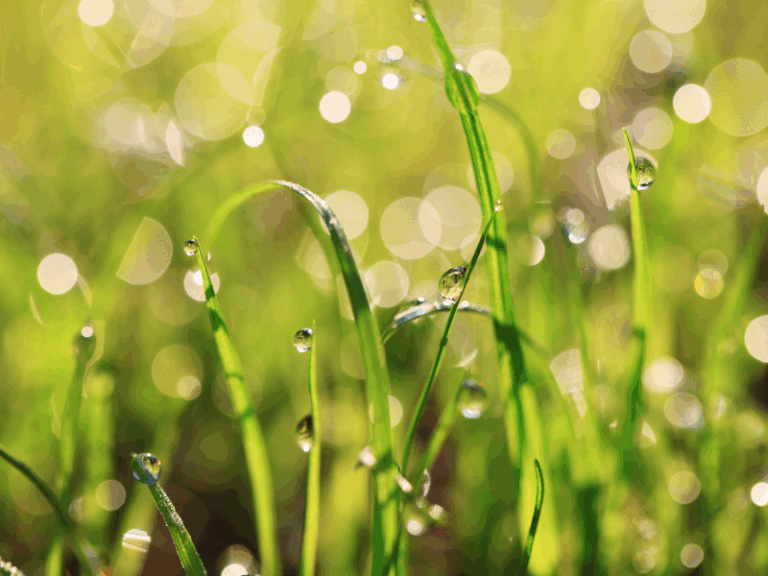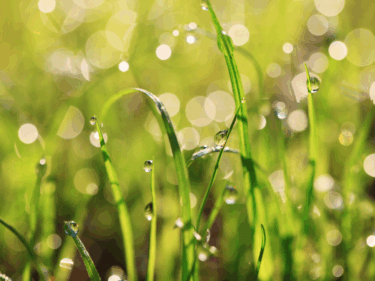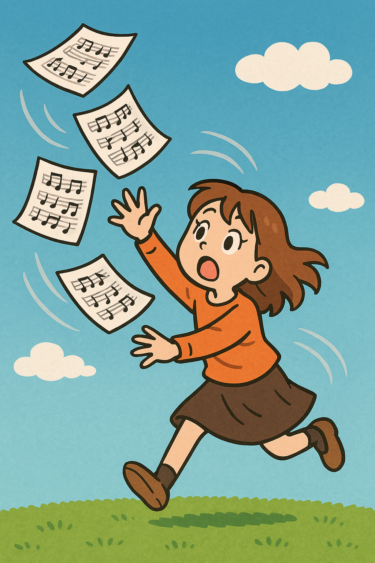Kokuu: The Finale of Spring
Cherry blossoms have fallen, and fresh green leaves are starting to bud. But just when you think spring is in full swing, a chilly breeze suddenly brushes your cheek…
Even though spring is nearing its end, some of us still haven’t packed away the space heater. (Guilty as charged at our house, too^^;)
This bittersweet moment of the season is beautifully marked by the solar term “Kokuu”.
Kokuu is the sixth of the 24 seasonal divisions in the traditional Japanese calendar. In 2025, it begins around April 20. Though it’s the end of spring, this period brims with energy, bridging us gently toward the next season—Rikka (Beginning of Summer) around May 5.

The Meaning Behind the Name “Kokuu”
The word “Kokuu” holds a beautiful meaning in Japanese.
“Koku” means grains such as rice and wheat. “U” means rain—gentle rain that nurtures those grains.
So Kokuu literally means: “Grain Rain”—the rainfall that brings blessings to crops.
These quiet spring showers nourish the fields and prepare them for healthy growth. It’s a season when nature’s timing and human life align in a harmonious dance of gratitude and abundance.
Seasonal Changes During Kokuu
In early spring, trees looked bare and sleepy. But by the time Kokuu arrives, they’re fully dressed in fresh greenery.
Urban streets and mountain ranges alike glow with gentle greens, making even a simple walk feel refreshing.
- Calm, steady spring rains
- Seasonal mountain vegetables like bamboo shoots and wild greens
- Tea fields filled with fresh new leaves, ready for the first harvest
- Silkworms begin spinning cocoons
- Birdsong becomes lively and vibrant
This year, the occasional return of cold weather has made the rain feel a bit chilly—but nature continues to move steadily toward summer.
The Blessing of Fresh Tea and Hachijuhachiya
Within the Kokuu period lies a special day: Hachijuhachiya, or the “88th Night.” In 2025, it falls on May 1.
This day marks the 88th day after Risshun (the start of spring) and is traditionally considered the best time to harvest tea leaves. Tea picked on this day is believed to bring good health and fortune.
The tender, first-picked leaves are incredibly fragrant and flavorful—truly a seasonal delicacy.
The moment you pour hot water over them, a rich, comforting aroma rises. Just one sip melts your tension away. That’s the healing power of spring tea.
This year, why not slow down and savor spring itself, cradling a warm teacup in your hands?
Rural Traditions and Daily Life During Kokuu
In farming communities, preparations for rice planting begin in earnest. Seed sowing, seedling care, and field maintenance are all carried out with care.
It’s easy to forget in the city, but the starting point for the rice and vegetables on our dinner tables is right here—during Kokuu.
Seasonal vegetables also shine during this time. Bamboo shoots, butterbur, udo, and other slightly bitter flavors help cleanse the body of winter sluggishness.
These blessings of the season are like gentle reminders—inviting both our bodies and minds to sync with nature’s rhythm.
Kokuu in Haiku: Scenes of Quiet Blessing
The wind sleeps—
The sound of Kokuu rain
Makes the evening come early
— by Ryokuson Ogura
A windless spring evening. Soft rain falls quietly. Only the sound of rain fills the air. The calm is so deep, it feels like night arrives earlier than usual…
This poem captures the subtle beauty of Kokuu—the kind that follows the excitement of cherry blossom season, offering a different kind of peace.
Ways to Enjoy the Kokuu Season

- Go for a walk with your favorite umbrella
Spring rain is not too cold and can be calming. You might even enjoy getting a little wet (though maybe not too much—my umbrella has a Moomin print on it). - Savor seasonal spring dishes
Bamboo shoot rice, mountain veggie tempura, tea-infused rice—these are true seasonal treats. (Bamboo shoot rice is my absolute favorite^^) - Add greenery to your balcony or garden
With frequent rain, plants thrive. Even small pots work well. (Though yes… weeds grow fast, too^^;) - Take a trip to the countryside to enjoy rural views
A short drive can take you to beautiful fields and mountain scenery. (At our house, we don’t even need a car—we can see it from here)
Conclusion: Kokuu — The Gentle Start of Fruitfulness
Kokuu isn’t just “a rainy season at the end of spring.” It’s a special time when nature and human life come together to nurture the start of future abundance.
Let’s gently shift our hearts toward early summer while appreciating the blessings of this season. Even if the chill returns now and then, spring is moving forward without fail.
When your heart feels unsettled, try listening to the sound of rain outside your window. You might just find a hidden spring message waiting there for you.



